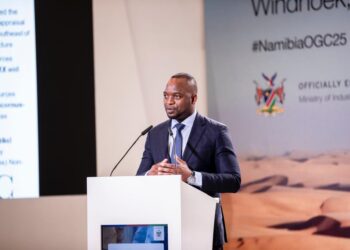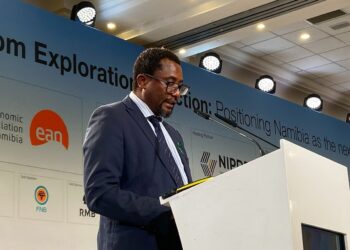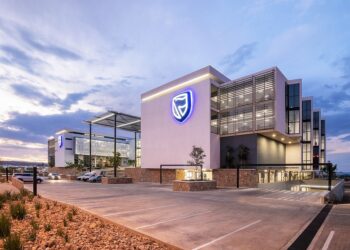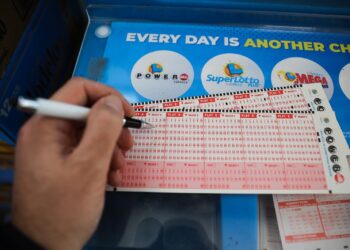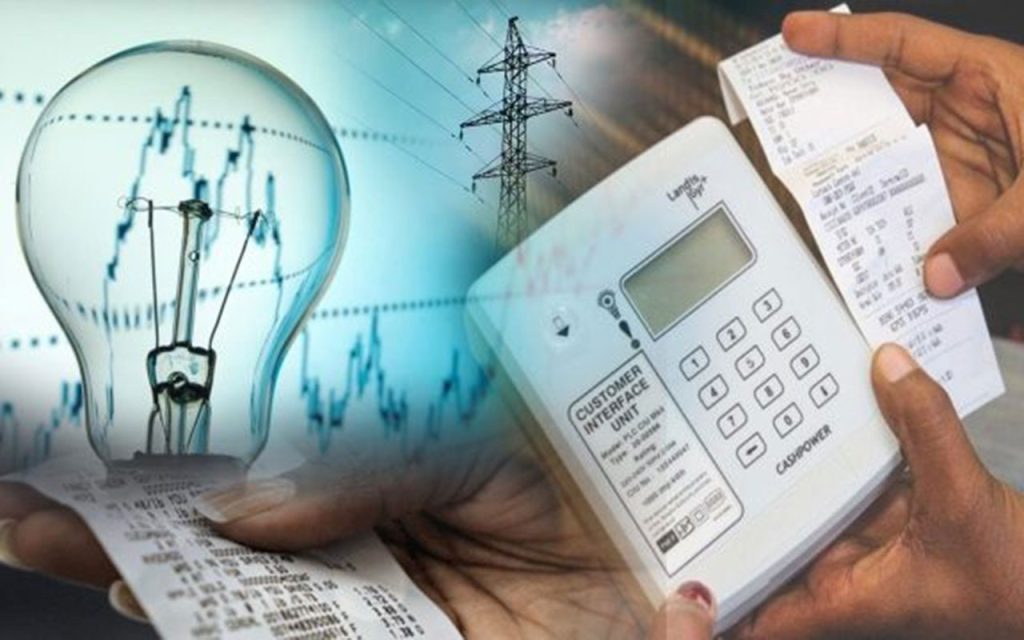
The City of Windhoek has proposed a 4% weighted average increase in electricity tariffs for the 2025/2026 financial year, citing higher bulk purchase costs from NamPower, staffing requirements, and increased maintenance expenses.
If approved, the proposed changes would see residential customers paying 3% more for electricity, while pensioners would face a 1% increase.
The proposal was presented during a public consultation held by the Electricity Control Board (ECB) on 6 June at the Khomas Regional Council Hall.
According to the City, the proposed increase is mainly linked to NamPower’s recently approved 3.8% tariff hike.
“The proposed 4% weighted average increase is driven by NamPower’s 3.8% increase, ongoing technical personnel shortages, and a slight rise in maintenance costs due to the city’s expansion and population growth of over 67% since 2011,†the City of Windhoek said.
Officials said additional technical staff will be needed to keep up with rising demand and ensure reliable service delivery.
“Our commitment is to keep electricity prices affordable and sustainable while maintaining quality service across a growing urban landscape,†the City added.
The ECB will now assess the application before deciding whether to approve the proposed increase.
Windhoek currently offers the most electricity units per N$100 spent on prepaid power when compared to other major distributors.
Despite a local surcharge of N$0.12 per kilowatt-hour, Windhoek’s total tariff stands at N$2.4772 per kilowatt-hour, which provides about 40 units.
The City’s proposal follows the ECB’s decision in May to approve NamPower’s 3.8% increase in the average bulk tariff, effective from 1 July 2025 to 30 June 2026.
ECB Chief Executive, Robert Kahimise, confirmed that the government has set aside N$283 million to cushion the impact on consumers.
NamPower had initially applied for a 17.44% increase but was granted a lower adjustment, which will see the average tariff rise from 1.99 cents per kilowatt-hour to 2.06 cents per kilowatt-hour.


